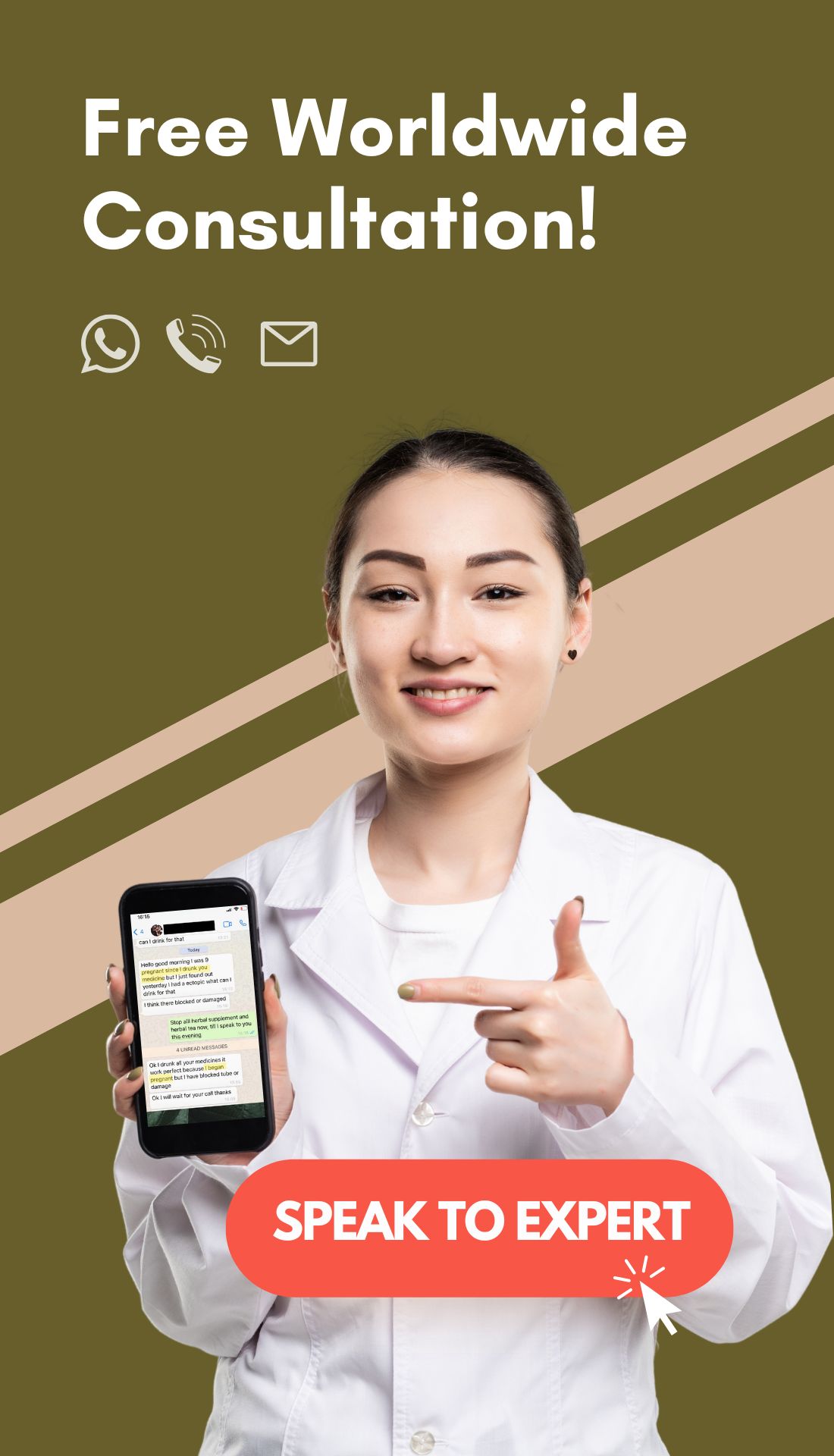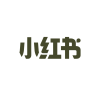
5 Things You Can Do Right Now to Reduce Inflammatory PCOS
Polycystic ovarian syndrome (PCOS) is a common condition affecting around 1 in every 10 women in the UK. It is primarily caused by an imbalance in reproductive hormones that results in dysregulation of the menstrual cycle.
PCOS is closely associated with chronic inflammation. Inflammatory PCOS specifically involves heightened levels of inflammation in the body, which can exacerbate the typical symptoms of PCOS and contribute to additional health issues, keep reading to find out find out five actionable steps you can take right now to reduce inflammatory PCOS symptoms using Chinese medicine principles.
What is Inflammatory PCOS?
PCOS, is a hormonal condition that leads to ovarian cysts, ovulation issues, irregular periods, and even infertility in any cases. Studies have shown that The hormonal fluctuations in women with PCOS cause elevated levels of inflammatory markers such as TNF-α and CRP, triggering chronic inflammation.
Inflammatory PCOS is often thought of as a subset of PCOS. However, the condition isn’t classified that way. Nonetheless, the inflammatory reaction will exacerbate the typical symptoms of PCOS and contribute to insulin resistance.
Inflammatory PCOS Symptoms
Inflammatory PCOS is associated with some of these symptoms:

Causes of Inflammatory PCOS According to Chinese Medicine
In Traditional Chinese Medicine (TCM), inflammatory PCOS can arise because of a range of factors, some of the most common ones include:
Excess Heat
Excess heat arises when there is an imbalance in the body’s internal temperature regulation – often linked to stress, poor diet, or emotional disturbances. Symptoms can include irritability, anger, mood swings, acne, and headaches. It fuels the inflammatory reaction.
Phlegm and Dampness
Phlegm and dampness are characterised by the accumulation of excess moisture and mucus in the body. It’s caused by a sluggish digestive symptom or overconsumption of cold, greasy, or sweet foods. You may experience weight gain, fatigue, cystic acne, and more. The excess phlegm obstructs the normal flow of energy and fluids within the reproductive tract.
Liver Qi stagnation
Liver Qi stagnation is a disruption of the liver’s energy (Qi), leading to irritability, depression, menstrual irregularities, and bloating. Caused by stress or emotional suppression, it disrupts the normal hormonal balance, triggering an inflammatory response.
Qi and Blood Stagnation
Qi and Blood stagnation are similarly related to blocked blood or energy flow. You may notice painful periods, dark or clotted menstrual blood, sharp pain, and a sensation of fullness or distension in the abdomen.

Can Inflammatory PCOS Cause Fertility Issues?
Yes. The combination of excess heat, phlegm and dampness, liver Qi stagnation, and Qi and Blood stagnation send the hormones – specifically oestrogen and progesterone – out of balance. The accumulation of dampness contributes to the formation of cysts, while excess heat and Qi stagnation fuel an inflammatory response.
With the hormone levels fluctuating and the ovaries affected by inflammation, the possibility of a normal menstrual cycle diminishes. Fertility issues are inevitable. There’s a much lower chance that your ovaries will release a healthy egg or that it will implant successfully into the walls of the uterus.
Top 5 Things You Can Do Right Now to Reduce Inflammation
1. Acupuncture
Acupuncture is a highly effective inflammatory PCOS treatment. It involves inserting fine needles into the skin at specific energy points. By activating these points, it causes changes in the neuroendocrine system, regulating inflammation and hormone levels.
Acupuncture is well-known to reduce inflammation. Studies have also shown acupuncture to be a safe and effective treatment for PCOS, it works by increasing blood flow to the ovaries and lowering cortisol levels, which fuel inflammation.

Acupuncture works by activating specific acu points that can relieve inflammation, and result is lower pain and inflammation in people with PCOS. When choosing an acupuncturist it is important to ensure they are certified and experienced. All acupuncturist at GinSen have over 30 years of experience and are certified and members of the British Acupuncture Council (BAcC), and The Royal Society of Medicine (RCM).
2. Natural Supplements
Natural supplements are great for inflammatory PCOS because they offer a holistic approach to managing symptoms by targeting the root causes of inflammation, hormonal imbalance, and metabolic dysfunction.
Ovary Support
Women’s health begins with the ovary. It is important to maintain a healthy body to produce good quality eggs. GinSen’s Ovary Support are ovarian health supplements, a unique blend to support women who have and PCOS or are trying to conceive (TTC). New Improved Formula contains expertly formulated vegan friendly 8 herbs and vitamins to reduce stress, support reproductive health and promote ovarian health.
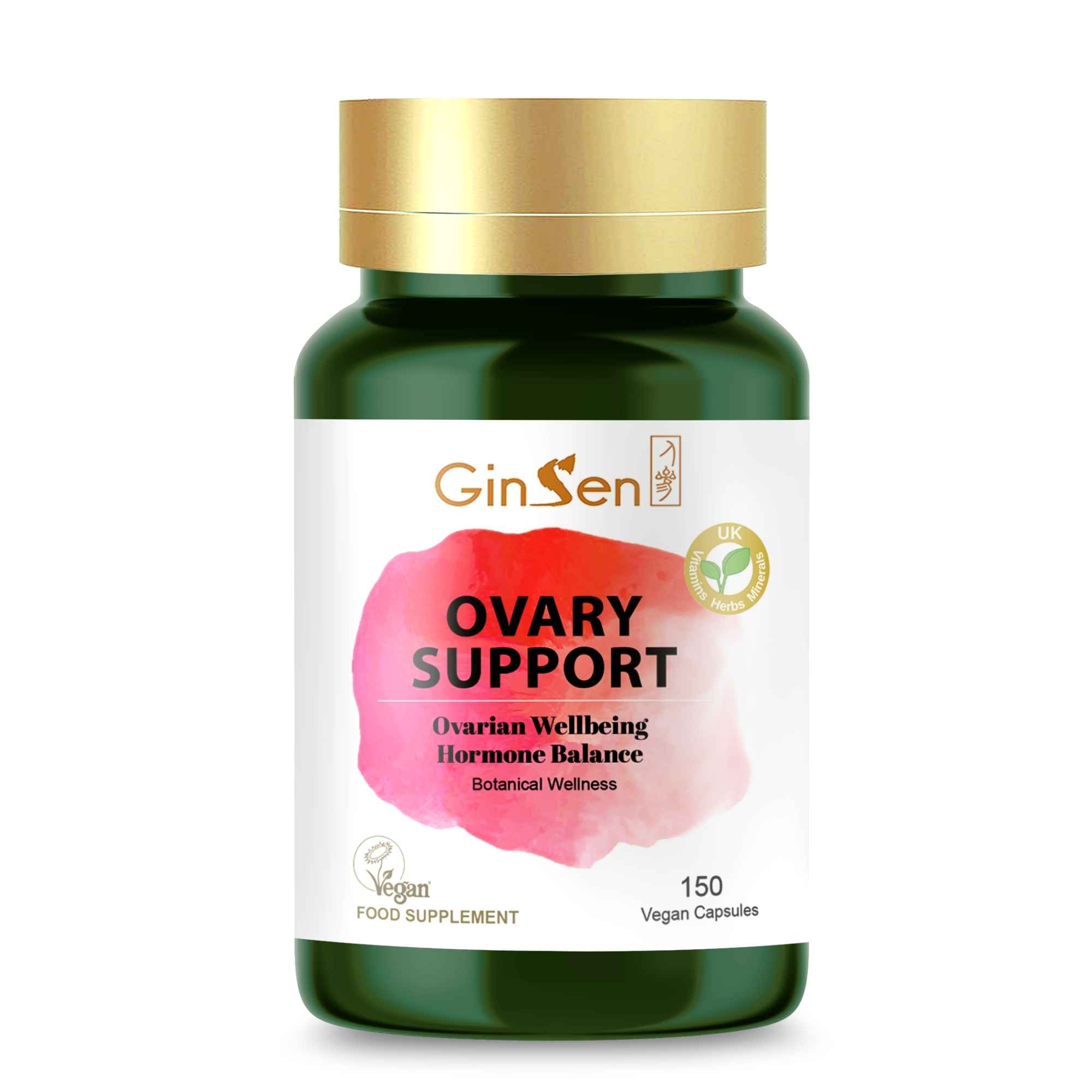
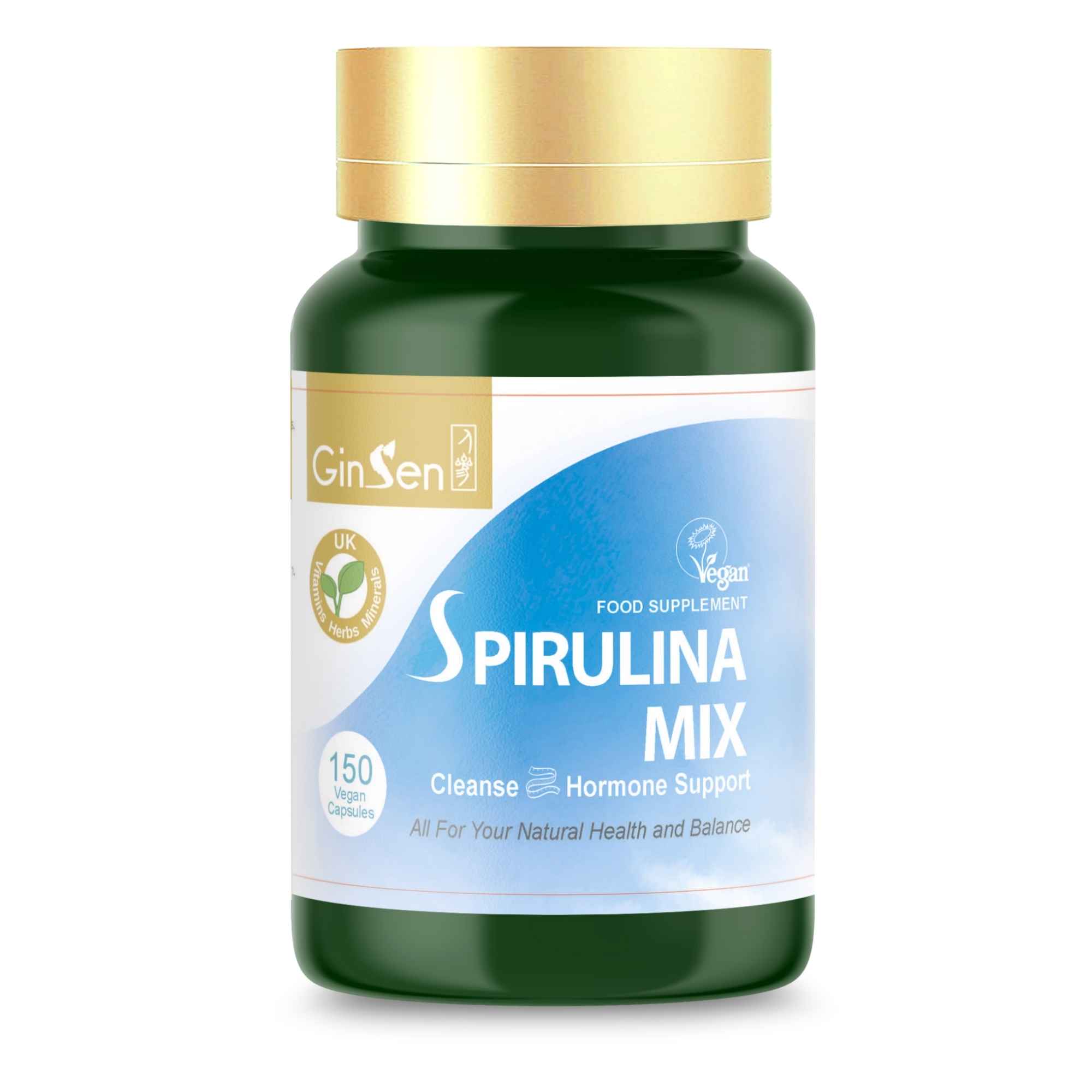
Spirulina Mix
If you’re looking to incorporate Spirulina into your daily routine for its impressive nutritional content and health benefits, there are several options available. One excellent choice is GinSen’s Spirulina Mix, which is more than just pure Spirulina. This supplement combines Spirulina, a renowned superfood, with 8 additional herbs and vitamins, offering a comprehensive health boost.
PCOS and Irregular (Absent) Ovulation Kit
PCOS & Irregular ( Absent ) Periods kit is specially designed by GinSen for women who have PCOS with absent, early or delayed periods, giving herbal remedies that can help regulate your period, rebalance hormone. It contains a blend of natural ingredients that have been used for hundreds of years to aid in the support of reproductive natural health.
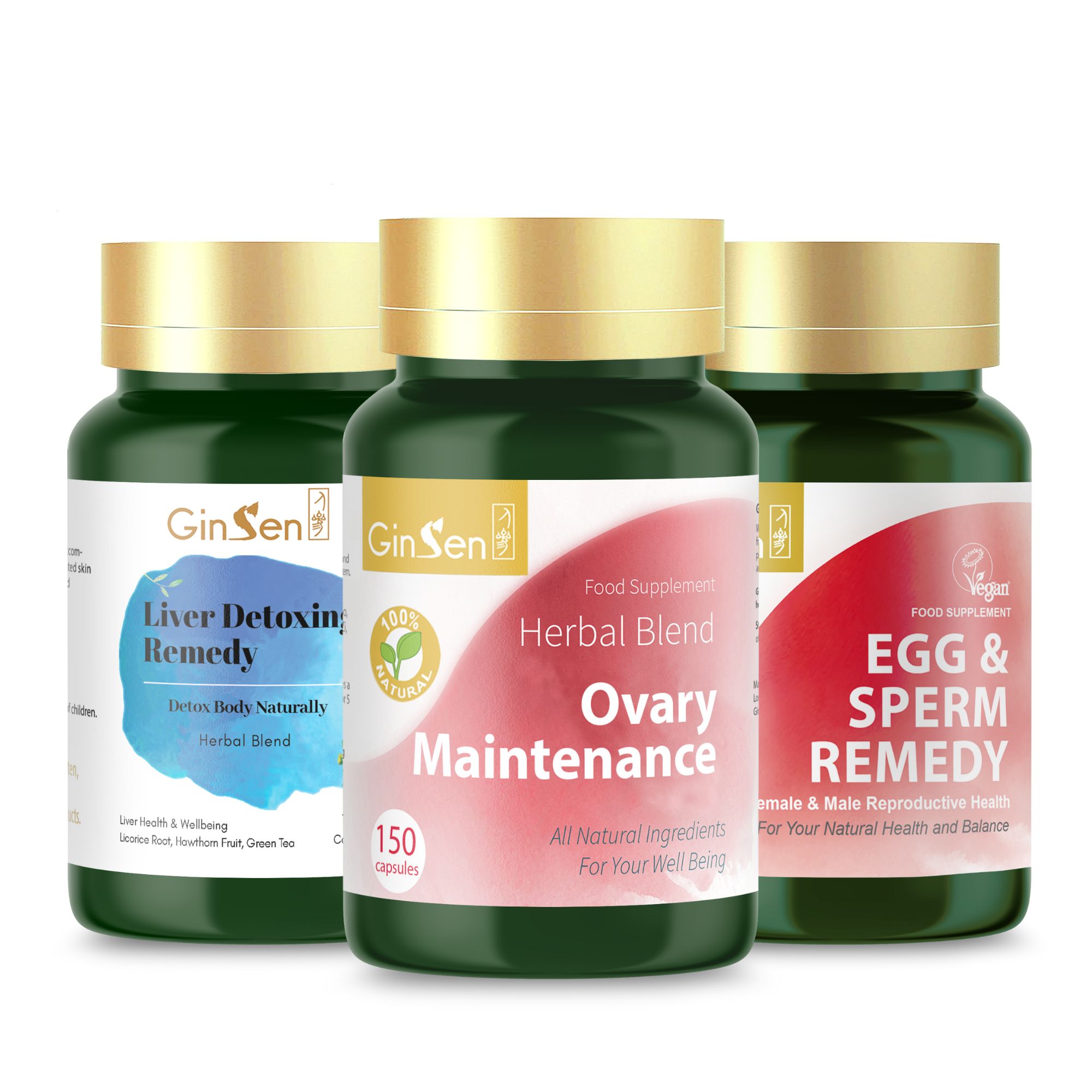
3. Anti-Inflammatory Diet
“You are what you eat” is common advice. If you eat greasy, fatty, sugary foods, you will exacerbate inflammation, causing everything from phlegm and dampness to excess heat. Focusing on an anti-inflammatory diet for PCOS is crucial.
Studies have shown that anti-inflammatory food can actually reduce markers of inflammation in the body and the risk of chronic conditions such as PCOS.
As per TCM, you should include cool foods that calm the liver, such as cucumbers, celery, leafy greens, and melons. High-fibre foods, like brown rice, oats, and quinoa, help aid digestion, removing the dampness and phlegm from your body.
On the other hand, anti-inflammatory spices (think turmeric, ginger, and garlic) support the flow of Qi, as do lean proteins (fish, tofu, and legumes) without generating excess heat. These ingredients also facilitate liver function.
Omega-3 fatty acids, found in salmon, mackerel, flaxseeds, and walnuts, are renowned for their anti-inflammatory effects. Plus, being so nutrient-dense, they nourish the body, fuelling your energy levels.
4. Reduce Stress
Stress is fine in moderation. However, if you have a prolonged stress reaction (usually caused by persistently high levels of cortisol), it will begin to degrade your body. Stress helps you survive today by drawing upon your energy stores for tomorrow. But there’s no free lunch – and your body will pay the price.
High cortisol levels begin to lower your immune defense, increase weight gain, and stress your already overtaxed organs – including your reproductive system. This further exacerbates inflammatory PCOS.
Relieving stress through calming exercise, meditation, and mindfulness (or even just spending time with friends and family) will lower inflammation, restore your energy levels, and minimise the symptoms of inflammatory PCOS.
5. Seek Support
In Chinese medicine, a personalized approach is crucial because it tailors treatment to the individual’s unique pattern of disharmony, addressing the root causes of conditions like inflammatory PCOS. This involves a comprehensive evaluation of the patient’s symptoms, lifestyle, and overall health to create a customized treatment plan that may include herbal remedies, acupuncture, dietary recommendations, and lifestyle changes. Seeking professional advice ensures that the treatment is safe, effective, and specific to one’s needs, enhancing the chances of positive outcomes. Here at GinSen, we offer a free, no-obligation consultation to help you explore how personalized TCM can benefit your health and address your specific concerns.


For more information about how Chinese Medicine can help you with inflammatory PCOS, book your free consultation with our Chinese Medicine experts today
* These statements have not been evaluated by the Food and Drug Administration. This information is not intended to diagnose, treat, cure, or prevent any disease. We can’t guarantee the treatment result, as the symptoms of conditions are unpredictable and vary greatly from person to person. The treatment length and recovery time also varies for individual. Please visit our clinics website: GinSen where a specialists will discuss your care and provide a consultation, and the treatment will be designed to meet your individual needs.

